User Ideas / Prospects
Executive Summary:
The Indian engineering job market in 2025 is characterized by significant dynamism, primarily fueled by rapid technological advancements and sustained economic growth. This report provides a comparative analysis of the job market trends for five mainstream engineering branches in India: Civil Engineering, Electrical Engineering, Computer Engineering, Chemical Engineering, and Mechanical Engineering. The purpose of this analysis is to offer strategic insights for professionals navigating this evolving landscape. Key findings indicate that Computer Engineering currently exhibits the strongest growth and demand, largely due to the ongoing digital transformation across industries. Mechanical Engineering also presents substantial opportunities owing to its foundational role in a wide array of sectors. While Civil, Electrical, and Chemical Engineering demonstrate steady growth and demand within their respective domains, the impact of emerging technologies is a critical factor influencing the trajectory of all five branches. The strongest trends are observed in Computer Engineering, driven by the digital revolution, and in Mechanical Engineering, supported by its adaptability across diverse sectors. These trends are primarily attributed to rapid technological advancements in areas like Artificial Intelligence (AI), Machine Learning (ML), and automation, coupled with government initiatives such as Make in India and Skill India, and consistent industrial expansion.
Introduction:
The Indian economy is currently experiencing a phase of rapid expansion, with an increasing emphasis on technological advancement and infrastructure development, which has a direct and significant impact on the engineering sector. Engineering serves as a fundamental pillar of India's progress, driving innovation, the expansion of essential infrastructure, and overall technological progress. This report will focus on five mainstream engineering branches that are crucial to this development: Civil Engineering, which deals with infrastructure and construction; Electrical Engineering, concerned with power and electronics; Computer Engineering, specializing in software and information technology; Chemical Engineering, focused on processes and materials; and Mechanical Engineering, which encompasses design and manufacturing. The primary objective of this report is to provide a comprehensive and data-driven comparative analysis of the job market trends for these five engineering branches within India for the year 2025 and the near future. This analysis aims to equip professionals with the necessary insights to make informed decisions regarding their career paths. The report will cover key aspects for each branch, including the current level of demand, the projected growth rate, the primary industries that are actively hiring, the influence of emerging technologies, the specific skills and specializations that are in high demand, and the typical salary ranges for professionals at different stages of their careers. The information presented in this analysis is derived from a variety of recent industry reports, surveys conducted by job portals and educational institutions, and relevant government statistics
Comparative Analysis of Job Market Trends:
- Demand:
Currently, Computer Engineering and Mechanical Engineering exhibit the highest demand in India in 2025. The demand for Computer Engineering is significantly boosted by the thriving IT sector and the ongoing digital transformation across various industries, with over 82,000 job openings reported 14. Mechanical Engineering also experiences strong demand due to its fundamental role in a wide array of industries, particularly manufacturing, automotive, and aerospace 23. Civil Engineering demonstrates robust demand driven by extensive infrastructure projects 2, while Electrical and Chemical Engineering maintain steady demand across their respective sectors 6. The sheer volume of job openings in Computer Engineering suggests a quantitatively higher current demand compared to the more general descriptions of demand in other engineering fields.
- Projected Growth Rate:
Computer Engineering is projected to have the most significant growth rate in the near future, with an anticipated 22% increase in tech jobs 11and a 21.4% CAGR in the engineering software market 13. Civil Engineering also shows strong growth projections, with a CAGR of 7.8% for the market 1and an annual demand growth of 9% for professionals 2, with some estimates going as high as 25% annually 3. Electrical Engineering is expected to grow at around 5% annually in terms of employment 8, with a notable 12% projected annual growth in the electrical equipment manufacturing market 6. Mechanical Engineering's growth is projected to be in the range of 4-7% 24, while Chemical Engineering is expected to see an approximate annual growth of 8% in demand 19. The consistently higher growth rate projected for Computer Engineering indicates that it will likely continue to generate more new job opportunities compared to the other branches in the coming years.
Key Industries:The primary industries actively hiring professionals vary across the engineering branches. Computer Engineering is heavily concentrated in the IT services sector, software development companies, and the e-commerce industry. Mechanical Engineering has the broadest distribution, with significant hiring in manufacturing, automotive, aerospace, and the energy sector. Civil Engineering is primarily focused on infrastructure and construction projects, with substantial involvement from the government sector. Electrical Engineering sees major hiring in power generation, telecommunications, and the automation industry. Chemical Engineering is vital for the chemical manufacturing and processing industries, including pharmaceuticals and the energy sector. The concentration of Computer Engineering in the rapidly expanding technology sector contrasts with the wider distribution of the other branches, suggesting different sensitivities to sector-specific economic fluctuations.
- Engineering Branch and Their Key Hiring Industries
Civil:-
Civil Services, Private Construction Firms, Indian Armed Forces, Public Sector Undertakings (PSUs), Infrastructure Development Companies
Electrical:-
Power Generation, Telecommunications, Automation & Robotics, Semiconductors, Renewable Energy, Electrical Equipment Manufacturing, Electronics Manufacturing
Computer:-
IT Services, Software Development, E-commerce, Artificial Intelligence and Machine Learning Companies, Product Development Companies, Cybersecurity Firms
Chemical:-
Oil & Gas, Chemical Manufacturing, Pharmaceuticals, Food Processing, Biotechnology, Petroleum, Fertilizer, Power and Energy, Water Treatment, FMCG, Air Conditioning and Refrigeration
Mechanical:-
Manufacturing, Automotive, Aerospace, Energy, Construction, Healthcare, Electronics, Pharmaceuticals, Heavy Machinery, Power Generation, Chemical Processing, Food and Beverage, Metals, Industrial Equipment, Machinery Manufacturing, Automation Systems, Consulting, Project Management
- Required Skills: While core engineering principles remain fundamental, all five branches increasingly demand digital literacy and skills related to emerging technologies. Computer Engineering professionals are expected to possess strong programming skills, expertise in cloud computing platforms, and knowledge of AI and ML tools. Mechanical Engineering requires proficiency in CAD software, understanding of automation and robotics, and knowledge of sustainable design principles. Civil Engineering professionals need skills in BIM software, knowledge of smart infrastructure technologies, and an understanding of sustainable construction practices. Electrical Engineering demands expertise in renewable energy systems, smart grid technologies, and embedded systems design. Chemical Engineering is focusing on skills related to process optimization, sustainable chemical processes, and biotechnology applications. This common need for digital skills across all engineering disciplines highlights a fundamental shift in the profession, where traditional domain expertise must be complemented by technological proficiency.
- Salary Expectations: In terms of salary expectations, Computer Engineering generally offers the highest compensation, particularly at the entry and mid-levels, owing to the intense demand within the rapidly expanding IT sector. Entry-level salaries in Computer Engineering can reach up to 11.8 LPA 11, and mid-level professionals often earn in excess of 10 LPA 14. Mechanical and Chemical Engineering also provide competitive salary packages, especially for mid-level and experienced professionals, with potential earnings reaching up to 12 LPA and 20+ LPA, respectively 21. Civil and Electrical Engineering offer good salary prospects as well, with entry-level positions ranging from 3-6 LPA and 4-6 LPA, respectively 8, and opportunities for higher earnings with specialization and increased experience. The salary premium observed in Computer Engineering reflects the intense competition for skilled talent within the rapidly growing technology industry in India.
- Typical Salary Ranges (LPA) by Engineering Branch and Experience Level
Civil:-
Entry Level ( 0-3 Years of Enperience):- 3.6 - 5.0
Mid Level( 3-7 Years of Enperience):- 5.0 - 7.5
Highly Experience Level ( 7+ Years of Experience):- 7.5 - 15 +
Electrical:-
Entry Level ( 0-3 Years of Enperience):- 3.0 - 4.5
Mid Level( 3-7 Years of Enperience):- 4.5 - 9.0
Highly Experience Level ( 7+ Years of Experience):-8.0 - 12+
Computer:-
Entry Level ( 0-3 Years of Enperience):- 6.0 - 11.8
Mid Level( 3-7 Years of Enperience):- 8.0 - 15.0
Highly Experience Level ( 7+ Years of Experience):-12.0 - 25+
Chemical:-
Entry Level ( 0-3 Years of Enperience):- 3.0 - 8.0
Mid Level( 3-7 Years of Enperience):- 5.0 - 10.0
Highly Experience Level ( 7+ Years of Experience):- 8.0 - 20+
Mechanical:-
Entry Level ( 0-3 Years of Enperience):- 3.0 - 6.0
Mid Level( 3-7 Years of Enperience):- 6.0 - 12.0
Highly Experience Level ( 7+ Years of Experience):- 12.0 - 20+
how life would be impacted without engineers from various specialized fields
- Infrastructure: Civil engineers design, build, and maintain essential infrastructure like roads, bridges, dams, and buildings. Without them, our transportation networks would be rudimentary, buildings less safe, and urban planning chaotic.
- Water Resources: Civil engineers also handle water supply and sanitation systems. Without them, clean water would be scarce, and sanitation could be a major public health crisis.
- Urban Development: City planning and the development of sustainable communities would be hindered, leading to overcrowded and poorly organized living spaces.
- Machinery and Automation: Mechanical engineers design and develop machines used in industries, transport, and everyday life. Without them, there would be no cars, trains, or airplanes, and industrial processes would be inefficient and labor-intensive.
- Energy Systems: Mechanical engineers also work on power generation systems like turbines and engines. Without them, our ability to generate and efficiently use energy would be severely limited.
- Consumer Products: From home appliances to fitness equipment, many everyday items would be unavailable or far less effective.
- Power Generation and Distribution: Electrical engineers design and maintain the systems that generate and distribute electricity. Without them, we’d lack reliable power, leading to a return to pre-electricity lifestyles.
- Communication Systems: Electronics engineers develop the technology behind phones, computers, and the internet. Without their work, global communication would be nearly impossible.
- Automation and Control Systems: Modern factories and homes rely on automation for efficiency. Without these engineers, production and daily life would be far less efficient.
- Computing Devices: Computer engineers are behind the development of hardware and software that powers computers, smartphones, and other digital devices. Without them, we’d be without modern computing, crippling almost every industry.
- Networking and Internet: They also design the systems that make the internet possible. Without these, global connectivity and access to information would be severely restricted.
- Artificial Intelligence and Robotics: Advancements in AI and robotics, which are revolutionizing industries, wouldn’t exist without computer engineers.
- Pharmaceuticals: Chemical engineers are crucial in the production of medicines. Without them, the development and mass production of life-saving drugs would be impossible.
- Petroleum and Energy: They also work in refining petroleum and developing alternative energy sources. Without them, fuel would be less accessible, and energy innovation would stagnate.
- Food Processing: The food we eat often requires processing to be safe and palatable. Chemical engineers ensure that food products are safe, nutritious, and efficiently produced.
- Aviation: Aerospace engineers design and develop aircraft. Without them, air travel wouldn’t exist, drastically limiting global mobility.
- Space Exploration: They are also responsible for spacecraft and satellite technology. Without aerospace engineers, humanity’s exploration of space and our understanding of the universe would be non-existent.
- Defense: Many defense systems, including missiles and surveillance drones, rely on aerospace engineering. Without this expertise, national security could be compromised.
- Medical Devices: Biomedical engineers design and develop medical devices like pacemakers, MRI machines, and prosthetics. Without them, diagnosing and treating many conditions would be much harder or impossible.
- Tissue Engineering: Advances in tissue engineering and regenerative medicine are spearheaded by biomedical engineers. Without them, treatments that restore or replace damaged tissues wouldn’t be available.
- Healthcare Innovation: The continuous improvement of healthcare technologies, leading to better patient outcomes, depends heavily on biomedical engineers.
- Pollution Control: Environmental engineers develop systems to reduce pollution and manage waste. Without them, air, water, and soil contamination would be far worse, endangering human health and ecosystems.
- Sustainable Development: They also work on projects that aim to balance development with environmental protection. Without their expertise, sustainability efforts would falter, leading to resource depletion and ecological crises.
- Renewable Energy: Environmental engineers are key in developing and implementing renewable energy solutions, crucial for combating climate change. Without them, the transition away from fossil fuels would be significantly slower.
- Manufacturing Efficiency: Industrial engineers optimize production processes, ensuring that goods are made efficiently and cost-effectively. Without them, manufacturing would be slower, more expensive, and less reliable.
- Supply Chain Management: They also manage supply chains, ensuring that products are delivered on time and at the right cost. Without industrial engineers, logistics would be chaotic, leading to shortages and inefficiencies.
- Quality Control: Ensuring that products meet quality standards is another key role. Without industrial engineers, product defects would be more common, affecting safety and customer satisfaction.
- Advanced Materials: Materials engineers develop new materials with specific properties for various applications. Without them, innovations in electronics, construction, and healthcare (like biodegradable implants) would be impossible.
- Metallurgy: They also work on the extraction and processing of metals. Without them, we would lack the materials needed for building infrastructure, manufacturing tools, and producing electronics.
- Nanotechnology: Advancements in nanotechnology, leading to innovations in fields like medicine, electronics, and energy, are driven by materials engineers. Without them, many cutting-edge technologies would not exist.
- Farm Equipment: Agricultural engineers design and develop machinery used in farming. Without them, modern farming methods wouldn’t be possible, leading to less food production and higher food prices.
- Irrigation and Water Management: They also design systems for efficient water use in agriculture. Without these systems, crop yields would be lower, and water resources could be wasted.
- Sustainable Farming Practices: Agricultural engineers are involved in developing sustainable farming practices to ensure food security. Without them, agriculture would struggle to meet the demands of a growing population.
- Shipbuilding: Marine engineers design and maintain ships and submarines. Without them, maritime trade and naval defense would be greatly diminished.
- Offshore Engineering: They also work on offshore structures like oil rigs and wind farms. Without marine engineers, exploiting marine resources and developing offshore energy would be nearly impossible.
- Oceanographic Technology: Marine engineers contribute to technologies that explore and monitor the ocean. Without their work, our understanding and stewardship of marine environments would be limited.
- Soil and Rock Mechanics: Geotechnicalengineers study the behavior of earth materials. Without them, constructing stable foundations for buildings, bridges, and tunnels would be much riskier.
- Landslide and Earthquake Mitigation: They also develop solutions to mitigate landslides and earthquake impacts. Without geotechnical engineers, many areas would be unsafe for habitation.
- Mining Engineering: Extraction of minerals and resources from the earth is guided by geotechnical principles. Without these engineers, mining would be far less efficient and more dangerous.
Without engineers from these specialized faculties, the world would lack the technological advancements, infrastructure, and innovations that make modern life possible. Society would struggle with basic needs like shelter, transportation, healthcare, and communication, resulting in a world that is less safe, less connected, and less prosperous.
When i did passed out I did perceive that engineer should have
knowledge of his particular faculties all the fundamentals so
he/she/other can solve the problems and make it new level of upgradation.
but still to make it simple and abstract three fields has been
classified as Software,Device/Hardware and Networking.
and all this happen because skills and career option could be simplified as software need more logic and calculation and understanding regarding skill. in hardware/device he/she/other needs to be more accurate with circuits, assembling of ICs and soldering otherwise there will be huge cost in repairing or de-assembling or might be dis-soldering will happen. and in network all needs to know about operations and operations regarding protocols and protocols regarding configuration and configuration regarding tools.
On this level everything looks fine because all of this three fields required of relevant but still not highly dependent knowledge on each other. as software is mostly about programming, hardware/device is mostly about circuits making and networking is all about troubleshooting and configurations.
but what hacks me that how classifications in each of that fields
happen that sounds completely ridiculous are most of computer engineers
are become marketer of specific company or organization or become lazy
professionals that does not have any more passion to learn or spin off
to new or other relevant technologies. or Narrow minded people that just
want to stick with known things and mindset. as In software field now
there are no more software engineers or software developers there are
.net develops or Java developer or PHP developers.
If you have worked on java and you go for .net than in most of firms you will be told that we don't work on Java and we want expert on .net. call you if there any requirement for java.
I know nower days most of firms in India are just a code shop. not driven by true solution oriented or product/service oriented company service ,problem and product lies outside of India and only code is written on their firm more you write code more you get paid. and if any specific code is already stacked by leaving of developer than new developer is needed to continue write that code. and ASAP start to continue. so money flow not get stopped. and that is why more than 86% code is getting written in India but still stay a lot behind in actual engineering.
I think in software industries there is need to understand actual engineering aspect instead of just selling code. and if there will be an approach to give solution to particular audience to provide service/product than there will be the need of specific alter techniques and need of understanding to be explored as Medium to small level software did not need to get distributed on multi-layer architecture so that can be easily deployed on Apache using PHP or ruby and development+learning both will be faster than creation and deployment on JAVA/C#.
And there are lots of API are there to define easier way to complete the project smooth and rapidly. and for content management there is no need to build any project from the scratch. just need to configure the CMS as per requirement.
And this same thing is happening in networking side as well windows server administrator and Redheat server administrator.
And nower days things are getting more worse spring developer and Asp.net devXpress developer or ASP.net mvc developer.
hope that computer engineering still be art of solving through mathematical,logical,Automation,Communication,connectivity and storage and management problems. instead of just making configuration or writing code for some money.
Thanks for Read till the end. share your comments.
The term "ontology" has its roots in philosophy but has also found significant application in information science and technology. Here’s an explanation of its meaning in both contexts:
Philosophical Context
- Definition: In philosophy, ontology is the branch of metaphysics concerned with the nature and relations of being. It deals with questions about what entities exist or can be said to exist and how such entities can be grouped and related within a hierarchy.
- Focus: Ontology in philosophy is focused on the study of existence, reality, and the nature of being.
- Key Questions: Examples include "What is existence?", "What does it mean for something to be?", and "How do different entities relate to each other within the framework of reality?"
Information Science and Technology Context
- Definition: In information science and technology, an ontology is a formal, explicit specification of a shared conceptualization. It provides a structured framework to model a domain by defining the types of entities, their properties, and the relationships between them.
- Focus: Ontology in this context is focused on the representation and organization of knowledge to enable better data sharing, integration, and analysis.
- Components:
- Classes (or Concepts): The categories of things in the domain.
- Relations: How classes are related to one another.
- Attributes: Properties of classes and relations.
- Instances: Specific examples of classes.
- Axioms: Rules that define the properties and constraints of the ontology.
Etymology
- Origin: The word "ontology" is derived from the Greek words "ontos" (being) and "logia" (study of). Thus, it literally means the study of being or existence.
Usage in Technology
- Semantic Web: Ontologies are crucial for the Semantic Web, allowing data to be shared and reused across application, enterprise, and community boundaries.
- Artificial Intelligence: They enable AI systems to understand and reason about data, providing a foundation for knowledge representation.
- Data Integration: Ontologies help in combining data from different sources, ensuring that the data is interpreted correctly and consistently.
Example in Technology
Imagine a medical ontology that includes concepts such as diseases, symptoms, treatments, and relationships like "has symptom" or "is treated by." This ontology would help different healthcare systems and applications share and understand medical data consistently, improving patient care and research.
In summary, ontology, whether in philosophy or technology, is about understanding and defining the nature and structure of entities and their relationships. In technology, this understanding is formalized to facilitate better data management, integration, and utilization.
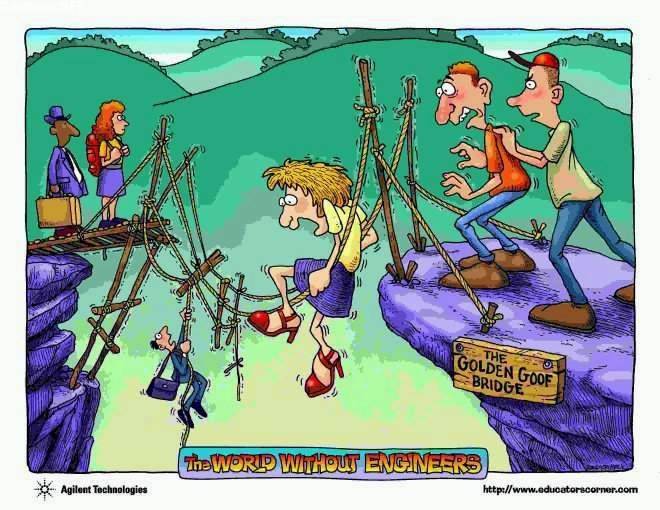
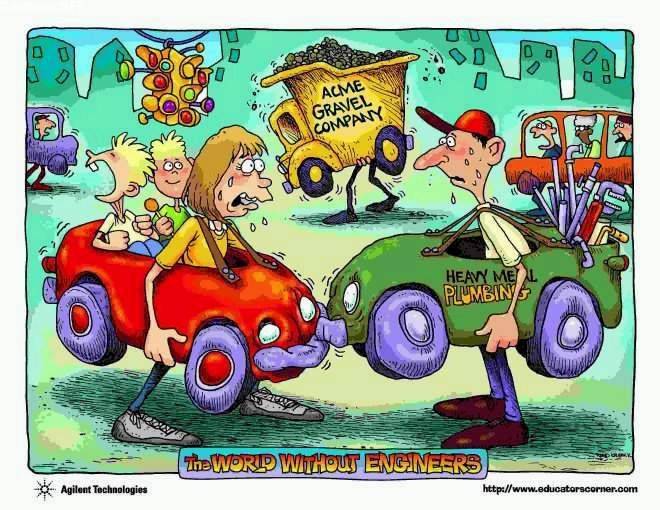
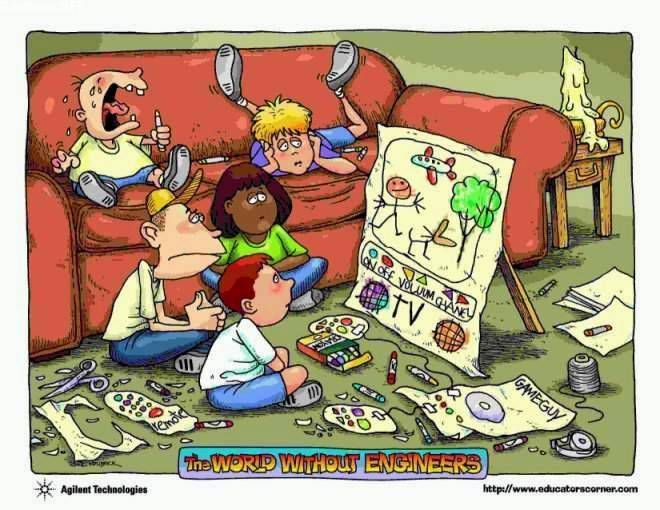
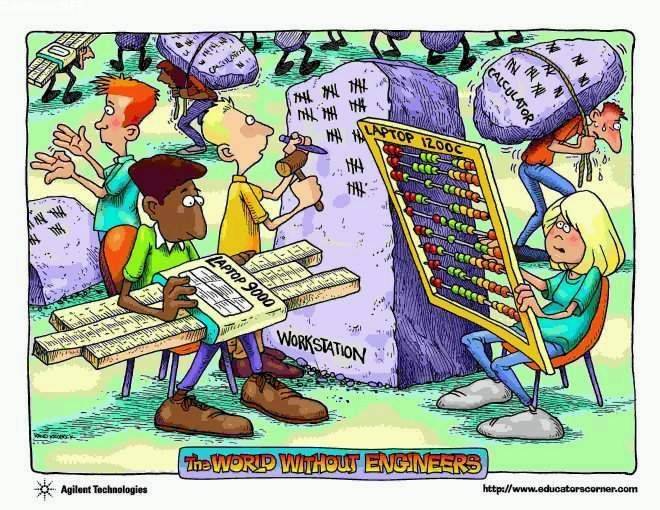
.jpeg)
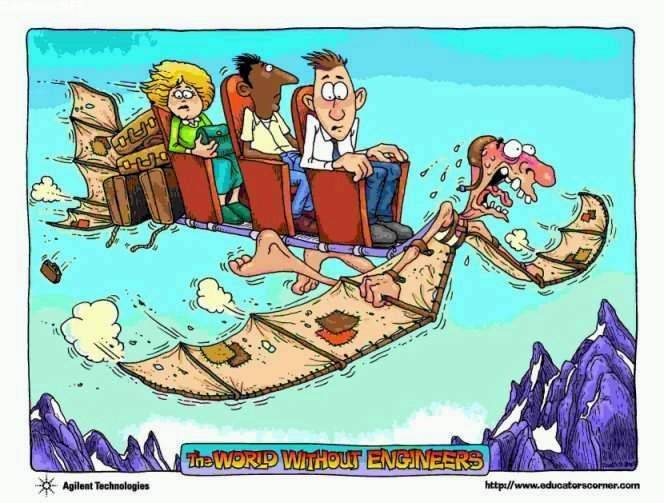
.jpeg)
.jpeg)
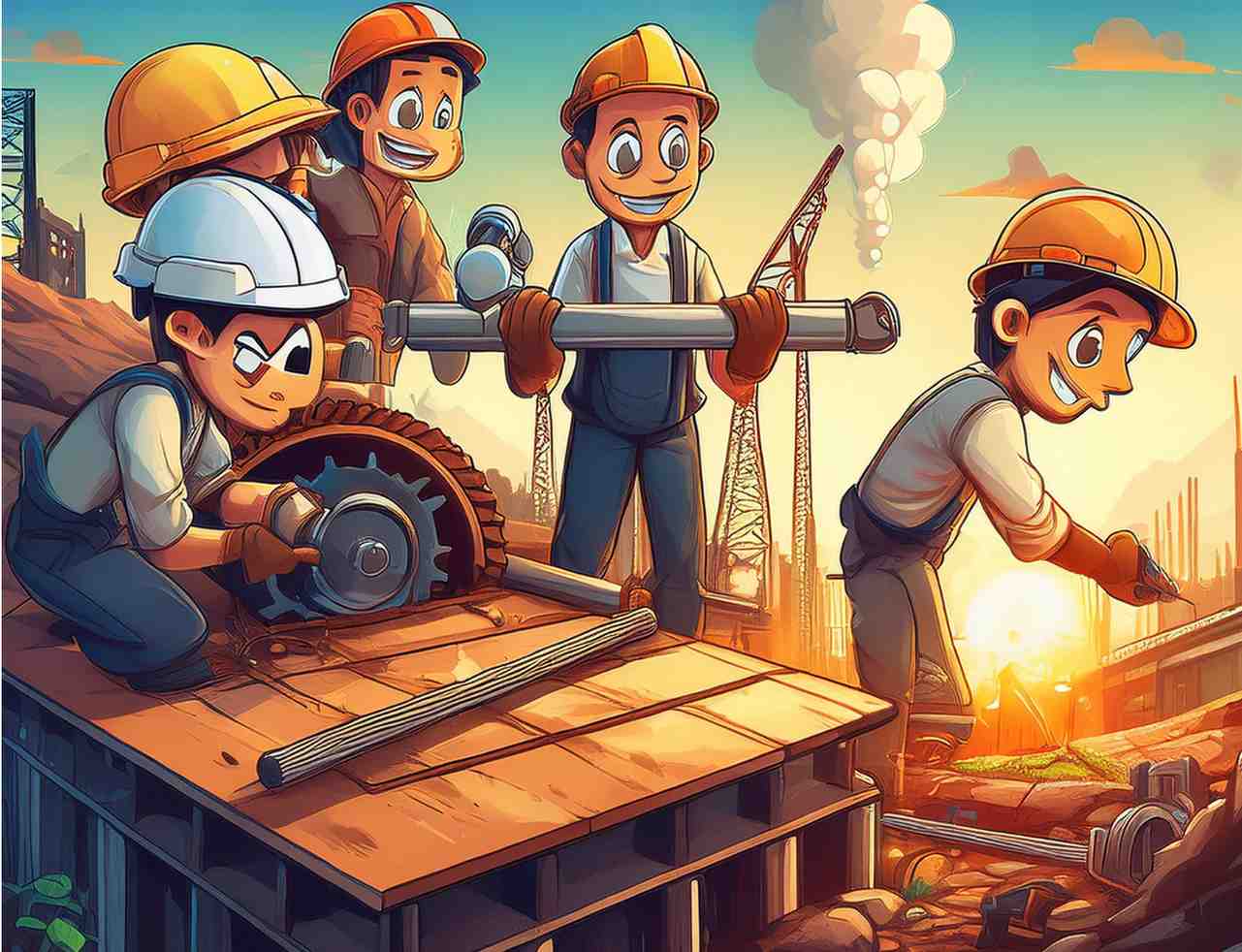
.jpeg)


.jpeg)
